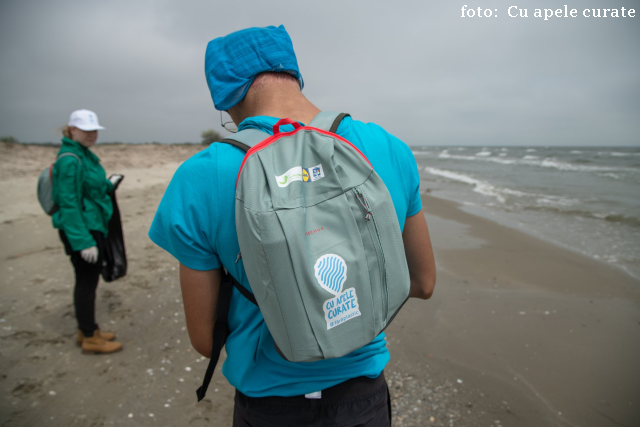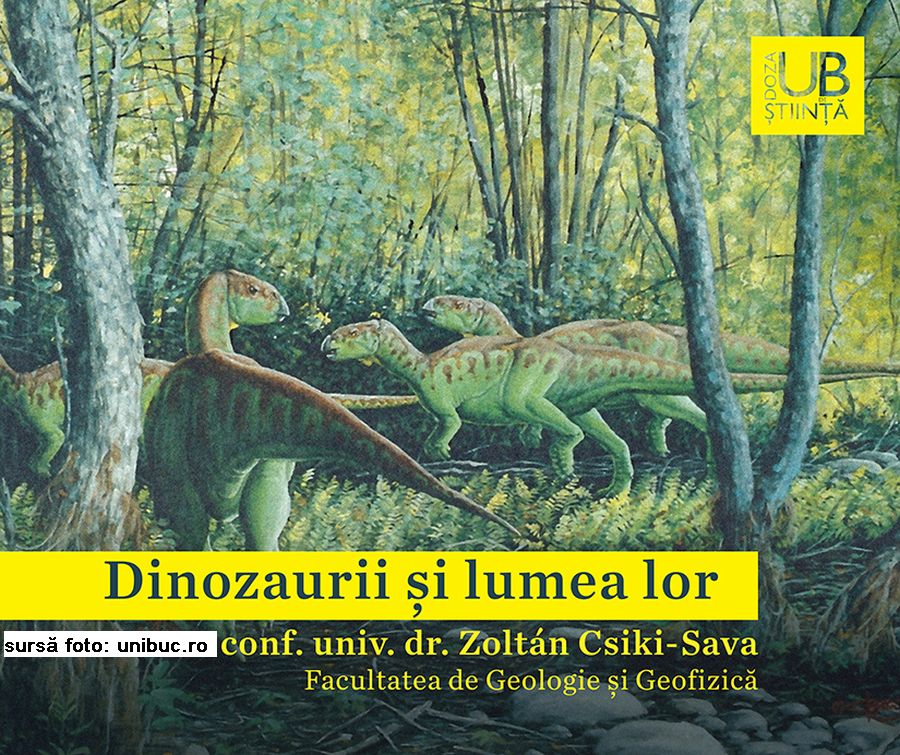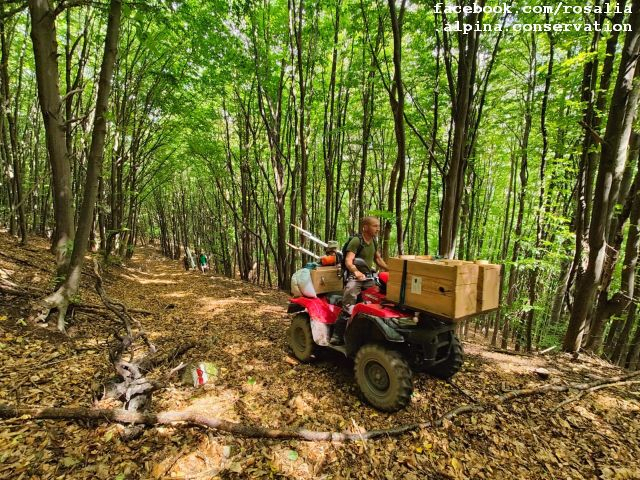An environmental programme entitled “With Waters Clean”
According to the MaiMultVerde Association, the Danube is carrying tons of plastic on a daily basis
Warning: Trying to access array offset on null in /home/web/rri.ro/public/wp-content/themes/rri/template-parts/content.php on line 53

Warning: Trying to access array offset on null in /home/web/rri.ro/public/wp-content/themes/rri/template-parts/content.php on line 98
România Internațional,
20.09.2019, 13:00
In order to fight pollution on the Danube and the Black Sea, the association has launched a programme entitled With Waters Clean, which is an appeal to involvement into education and environmentally-friendly activities for the inhabitants of towns and villages along the Danube. Millions of tons of waste, consisting mainly of plastic bottles and bags make their way to the world’s oceans and seas every year.
According to the United Nations Organisation, plastic wastes are posing a great threat to the environment while the European Commission has pointed out that after the Mediterranean, the Black Sea has the largest quantity of marine litter in the EU and plastic accounts for 90% of this quantity. Doru Mitrana, chair of the MaiMultVerde Association, believes the quantity of litter could be even bigger than estimated due to the recent flash floods that could carry more litter into the rivers, into the Danube and eventually into the Black Sea.
Doru Mitrana: According to the latest surveys, almost 4.2 tons of plastic are being carried by the Danube into the Black Sea every day, which means 1533 tons a year. We started from the figures provided by this survey, which was conducted by the University of Vienna, and from the images that we see everywhere with flash floods carrying litter into the rivers and we got a real picture of the situation which could be even worse and the quantity of litter bigger. That gave us the idea for this project, which is meant to be a partnership for our common good, a way of finding a solution to a situation, which is affecting us all. And when I speak about a partnership I am referring to citizens, companies and state authorities because a clean Danube actually means a clean Romania. We have all seen litter pouring in from everywhere, ending up right into the Danube and then in its delta. So it doesn’t matter that we dump plastic in Transylvania or in Moldova, it will eventually end up in the Danube by means of its tributaries.
Initiators of the ‘With Waters Clean’ project are going to cooperate with the other riparian countries as well as with European and world institutions such as the International Commission for the Protection of the Danube River, United Nations Water and UN environment. In order to put an end to the destruction of the marine ecosystem, the European Union wants to completely end the plastic pollution of its seas by 2030, European officials have announced on the celebration of European Maritime Day in Romania.
The measures include a ban on plastic wrap use as well as projects aimed at eliminating maritime litter, such as waste-collecting nets or drones able to identify litter-infested areas. The European Union also wants to encourage innovation in the maritime field through a research programme entitled Horizon 2020 meant to promote regional and international cooperation. Here is Doru Mitrana again.
Doru Mitrana: This plastic has made it to the Danube Delta, to areas with a rich biodiversity where it turns into fish food. In this way sooner or later we are going to find it on our dinner table. Litter consists of plastic of big dimensions, which can be recovered, but the real threat is posed by microplastics, which could be found in waters and animal bodies and unfortunately we can no longer do anything in this respect. So it is important for us not to add fresh quantities of plastic to the ones already polluting waters. Other surveys show that unless we change things, it’s possible to have more plastic in waters than fish by 2050. These are worrisome statistics because waters are a food source and also a source of entertainment and other economic activities, which could lead to local and national development.
The programme With Waters Clean comprises a series of clean-up actions carried out by volunteers and members of the Danube communities on the river banks jointly with County School Inspectorates. This stage will be followed by another one in autumn, focusing on the implementation of the solutions identified.
Doru Mitrana: Our intention is to find solutions for Romania and that’s why we started with a clean-up camp in the Danube Delta in May this year when 100 volunteers collected roughly 5 tons of plastic waste from the Sacalin Island. The project is also carried out in 10 riparian cities on the Romanian side of the Danube where we work in partnership with other local NGOs and some from Bucharest. They help us build initiative groups made up of people interested in getting involved with this project and finding solutions to this crisis. Right on June 29th, on Danube Day, we want to kick off the first clean-up activities in these communities who are to work together and identify solutions to prevent plastic from reaching the waters. Among the solutions there are the selective collection of waste as well as recycling and collecting facilities in some entertainment areas on the Danube so that these recreation areas may be litter-free.
The International Danube Day is celebrated every year on June 29th to mark the Convention on Cooperation for the Protection and Sustainable use of the river Danube an event which took place in Sofia, Bulgaria in 1994. This year, the motto proposed by the International Commission for the Protection of the Danube, Get active for a Safer Danube! is promoting solidarity among the peoples sharing this common resource. Events dedicated to this day are unfolding in all the 14 riparian countries with a view to adopting joint measures and strategies for the protection of this river against diverse threats such as extreme phenomena like drought, flooding or accidental pollution.
(translated by bill)






























